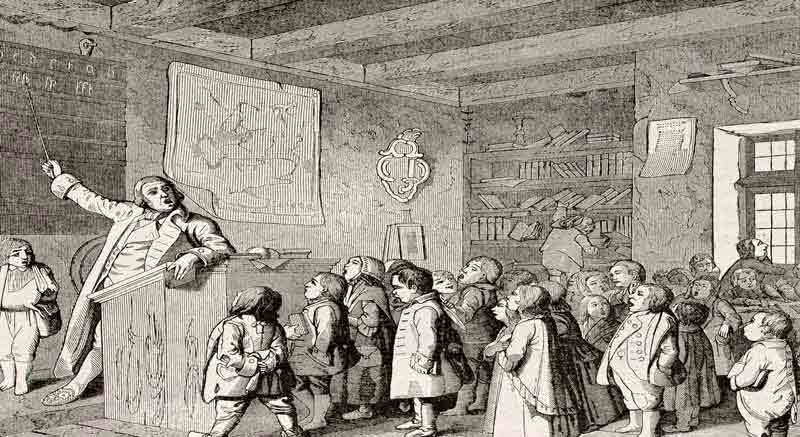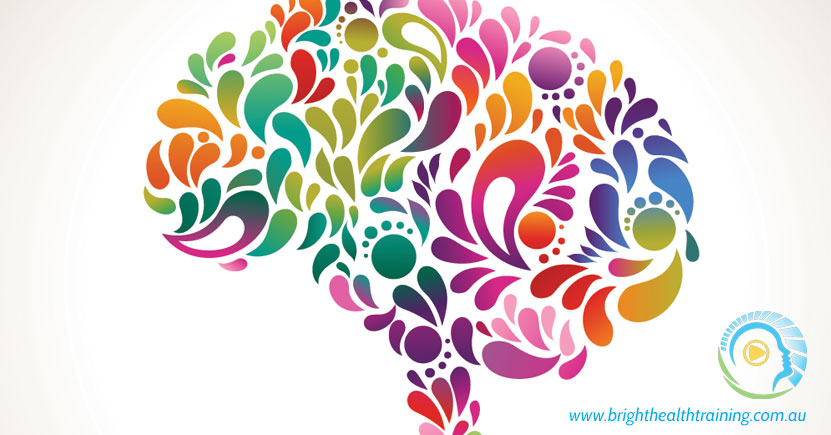I’m on a mission, a myth-busting mission! How do you feel about having some of your tightly held beliefs tested?
Within the broad field of massage you will commonly hear massage therapists spouting claims such as “massage helps remove toxins” or “massage improves blood flow”. I mean we know these to be truths, right? Such beliefs form the foundation of our daily practice. Hmmm…
Most of these claims have over time become our beliefs, but were made based on ‘traditional’ theory with little or no research to back them up. With new research we are gaining a better understanding of what massage really does and the results will surprise you!
In this ‘myth busting’ series of blogs over the coming weeks and months, I’ll be breaking down some of the commonly held beliefs about what massage actually achieves. Whether you’re a Massage Therapist, Remedial Massage Therapist, Myotherapist, Musculoskeletal Therapist or any other type of manual therapist, this information applies to you!
An age old pursuit
As massage therapy has developed over thousands of years, a lot of theories and beliefs have been created. Many of the assessment and treatment practices the vast majority of Remedial Massage Therapists in Australia have been taught, myself included, were developed outside of an evidenced based, scientific approach.
I’m not suggesting we ignore a traditional based approach. We should however, be prepared to look at the science and have our beliefs tested on a regular basis. This helps us to determine the real, reliable, valid use of our techniques and gain a greater understanding of the effects of these methods. We will be focusing on how we can understand remedial massage better through, the process of scientific exploration.
Why evidence and research?
In Australia, there has been significant demand from many sources (including the Private Health Insurance Review of Remedial Massage by the Australian Government) for Remedial Massage and Myotherapy to justify its inclusion in Private Health Insurance rebates. Evidence as to the efficacy of the professions is the key point here. Research progress provides us with excellent information about what our massage techniques are really doing.
Take this blog by Adam Meakins a Physiotherapist from the UK. He has great fun tackling many of the topics common to Physiotherapy, Remedial Massage and Myotherapy. He provides examples of research into many of the areas of massage and manual therapy that have been analysed to determine their effectiveness. You may be surprised to find that some of the practices/approaches that you have been taught are not really doing what you think they are!
“But I was taught by an expert in massage!”
The culture surrounding many types of massage and manual therapy generally does not support questioning the approaches of the “experts” or “gurus” within those schools. Instead, a mindset of “you just don’t get it” or “it takes years to get this stuff” is usually found. It is my belief that if you cannot learn something quickly and simply then it is likely that it is not worth learning!

Please understand I don’t mean mastering something, that may take years or even a lifetime.But if you cannot learn the basics very quickly then it is very likely that this practice will have poor reliability. Reliability means that something should be easily repeatable and is the cornerstone of good science. What is the point of doing something that is very difficult with a high likelihood of getting it wrong, when there is a simple method of doing exactly the same thing better?
Even though many of these ‘traditional’ practices have been used for hundreds of years, what develops within many of our massage practices is a culture that strengthens the belief systems behind certain schools of thought, methods or approaches. This can create a problem when someone, or some research, challenges these methods.
Confirmation Bias and an “open mind”
Confirmation bias is a tendency to look for information that strengthens our beliefs. This is a natural inclination and we need to be conscious of this when learning, as we tend to select information based around our current knowledge. Having the ability to have an “open mind” and willingness to let go of firmly held beliefs opens us to new knowledge and opportunity. Or using another term, growth!
Massage research in Australia
In recent years the massage industry in Australia has gone through some significant changes and challenges. One of the biggest challenges is the call to justify its practices through solid scientific research. The amount of research into massage in Australia is unfortunately very limited, and any research that does occur generally happens within the faculties of allied health professions such as physiotherapy or nursing. Thankfully research into massage is occurring around the world and this research can be applied to the fields of relaxation massage, remedial massage and manual therapy in Australia.
The Association of Massage Therapists has just started publishing a massage research round-up that provides a short sample of the most recent research into the massage profession. It is an excellent source of information for therapists, please check it out!
The journey from here
Here at Bright Health Training we are dedicated to bringing you the best quality information about Remedial Massage, Myotherapy and the manual therapies. We want to break through old ideas and bring you fresh new concepts that will make your life easier, your practice more effective and your business more profitable. That is what we have dedicated our lives to, we hope you can join us on the journey to helping you become a better, healthier and happier therapist.
Stay tuned for my next blog in which I’ll be tackling the myth of blood flow and toxin removal through massage. You may well be feeling uneasy about the mere mention of this topic?


Comments 3
Pingback: Post Exercise Massage Improves Blood Flow, Right? WRONG! - Bright Health Training
Hi Aran. I am sceptical about ‘science’ and the research they put forward as true. As someone who uses Reiki in my treatments, my clients love it. Science says Reiki is not real. It’s real to me – and it’s real to my clients.
I do understand the importance of questioning what we are taught… but Im also going to question the research put forward by scientists. Jen.
Hi Jen,
Good on you. It is good to explore everything that we learn or are told. The same should apply to a scientific process as a traditional process. The really interesting thing that is being discovered at the moment is that the impact of a client’s brain is something that simply has not been understood at all until now. We are on the edge of the greater understanding, we certainly cannot say that we have understood everything at this point.
Reiki, or “the energy of miracles” is certainly an interesting phenomenon and I certainly have no problem with anyone using it for treatments. But if we just take what we have learnt and never investigate deeper and further we will never understand greater truth. There is a huge field of understanding that is only just developing in Neuroscience that will help us understand more completely why something like Reiki works. But we can only discover the why if investigate deeper. This is true science, investigation for the search of greater truth. If we just accept what we have been told by gurus or scientists, we will never grow beyond what we know now.
Take the time wherever possible to read up on our current understanding of neuroscience and how it effects manual therapies, I promise you won’t be disappointed.
Aran
Aran